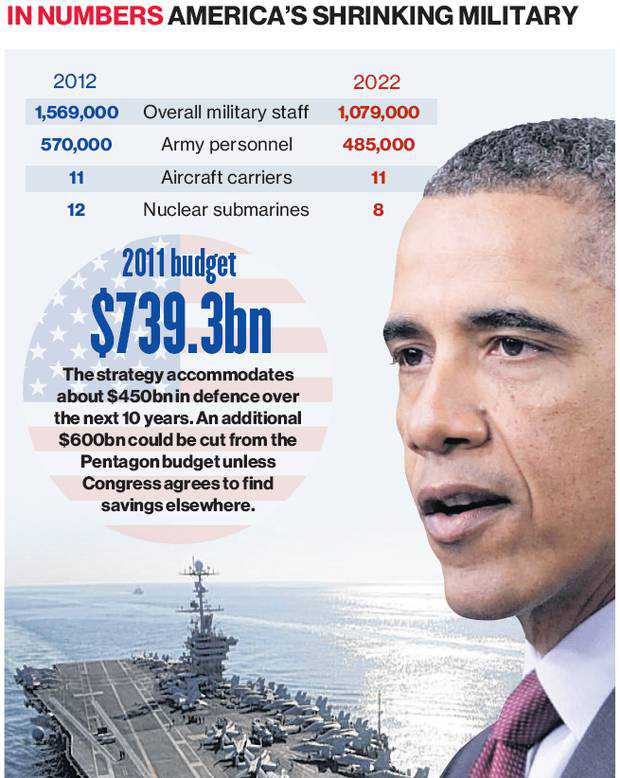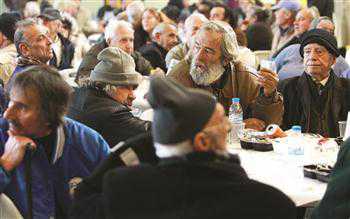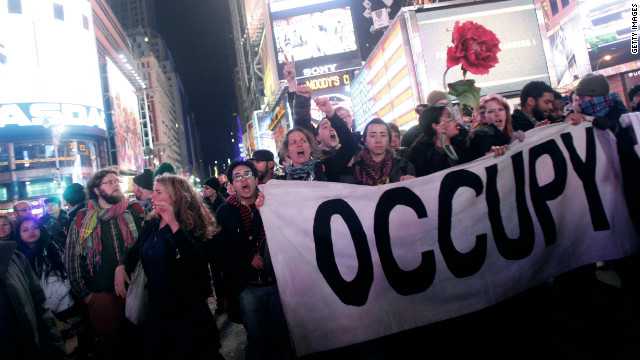LAHORE: Chief Minister Shahbaz Sharif has said that service to the masses is a form of worship and a comprehensive programme of public welfare and rapid development of the province is being pursued.
Talking to the MPAs belonging to various districts here on Sunday, he said protection of life and property was the foremost priority of the Punjab government and all possible steps would be taken for further improving law and order in the province.
Shahbaz said every effort was directed towards the progress of the country and it would put on the road to prosperity after being taken out of the current crises under the leadership of PML-N chief Nawaz Sharif. He said corruption had shaken the foundations of the country and every person would have to play his role for purging the society of the menace. He said merit, good governance and transparency had been promoted in the province and the development projects of present era were unprecedented regarding quality and transparency.
The chief minister said the transparent utilisation of every penny of the public money was being ensured and all resources were being utilized for the public welfare. He said the credit for materialising the dream of labourers, farmers, widows, martyrs and a common man of having their own shelter went to the PML-N, which, for the first time in the history of the country, had provided facilities to the poor in Ashiana Housing Scheme more than the residential schemes of the elite.
Shahbaz said steps were being taken for the provision of quality and comfortable transport facilities to the people. He said that after the provincial metropolis, a plan had also been made for extending the scope of Ashiana scheme to other big cities of the province.
Mentioning his visit to Turkey, Shahbaz said that besides accelerating the pace of implementation on various agreements, his visit had also helped seek new avenues of cooperation with Turkey in other sectors. He said the way Turkey had made progress rapidly and had become a strong economic force was a role model for Pakistan, adding that we could also put our country on the road to progress by working hard.
The CM said Allah had given rich resources to Pakistan and we could not only achieve self-reliance by developing them but also get rid the menace of charity of foreingers. He stressed upon the elected representatives to spare no effort for ensuring transparent and timely completion of welfare projects.
via Visit to Turkey opened new avenues of cooperation: Shahbaz.







